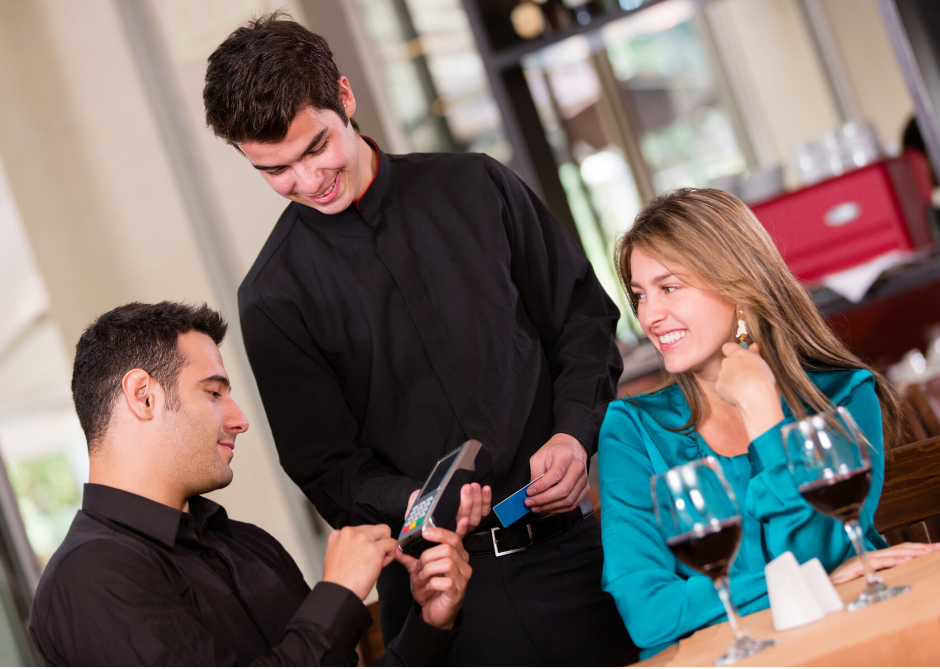
27 Nov The lovely couple at table 22 just got hacked…
The credit card transaction for the lovely couple at table 22 just got hacked while dining in your restaurant. They are looking to you as the Restaurateur to solve their problem and make their bank account whole again. How would you do this? The Vendor who brings you hops for your Brewery just sent you an invoice, or so you thought. You paid it, but it was really a hacker. They got away with $8,000. Can you afford this mistake?
Hospitality type businesses maintain a large amount of personal data and records, including credit card numbers, names and addresses, and other types of sensitive information, so they are more susceptible to theft. Being responsible with this sensitive information is important—particularly as we approach the holiday shopping and travel season.
But where do the greatest risks lie?
Phishing attacks occur when internal employees click on malware. With a greater number of part-time employees working during the holiday shopping season, the risk for human error increases. Hackers will prey on companies when they are most vulnerable to maximize their potential return. Both of these types of attacks can often be prevented with proper education and strong passwords. Once a hacker is in through malware they can hold up your operations demanding to be paid for access again. In the meantime, they have access to all of your bank account information, and vendors you use, and how you communicate with them.
CYBER ATTACK REAL EXAMPLE:
“One of our insured Restaurant clients regularly ordered $60,000 worth of goods for their thriving restaurant. A hacker watched behind the scenes, and when the time was right sent an email to the Controller requesting payment for the latest shipment,” says Keith Charlton, the Head of Plastridge Insurance Hospitality Practice. “The Controller paid the bill through the link provided in the invoice and instantly they had been hacked for $60,000.”
Why did they pay the invoice? “The email was only one letter off the usual email address from the vendor, and this could have been any one of us who receive emails every day and everything looks exactly like the last invoices received,” says Keith. Would their Cyber policy pay for this? “Yes, if they have the appropriate coverage,” says Ryan Brawner who works with the Hospitality Practice specializing in Breweries. “When we discuss Cyber Coverage with our clients, we try to help them understand the financial consequences and the real risk these hackers are to their livelihood.”
“If our clients decide not to cover that risk, and we get the phone call that they have been hacked, that’s a terrible day for not only their business, but for their clients, and employees,” says Keith Charlton. “The fallout can be widespread, or contained if there is a Cyber policy in place. I prefer to have the calls where we can file the cyber claim and know that the Cyber Forensic team from the carrier is on point and solving their issues right away.”
That’s why Cyber Liability Coverage is key to our Hospitality clients. You not only have protection for credit card transactions for your clients, but for those vendors who use online payments in much larger sums.


